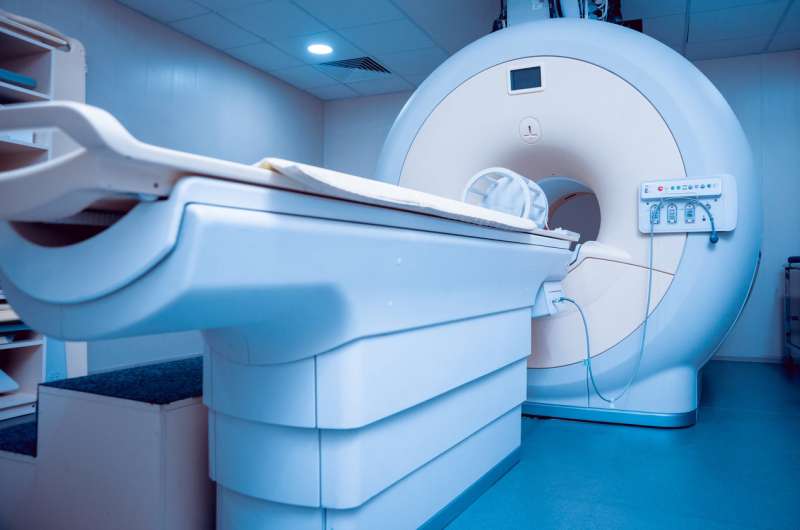MR imaging clarifies ambiguous mammography results

A study of around 300 volunteers, conducted in Austria by MedUni Vienna in collaboration with Diagnostic Graz, convincingly shows that Magnetic Resonance Imaging (MRI) is the best choice for clarifying ambiguous mammography results. "MRI clearly shows whether findings are benign or malignant," explains lead author Claudio Spick from the Department of Biomedical Imaging and Image-guided Therapy at MedUni Vienna. MRI scans are therefore an ideal, non-invasive and equivalent alternative to painful breast biopsies. Moreover, in around 5 percent of cases they identify previously undetected malignant tumours.
The benefit to patients in Austria: in Austria, women can have MRI scans free of charge – the costs are covered by the Health Insurance fund – if the results of their mammograms or ultrasound breast scans are unclear. In this respect, Austria is an international trendsetter. Says Spick: "This is not offered in Germany, for example." In the rest of the world, MRI screening is provided almost exclusively within the framework of screening programmes for early detection of breast cancer in high-risk patients (for example, those with a family history of breast cancer).
In contrast, Austrian patients who receive abnormal but non-definitive results from a mammogram or ultrasound breast scan (BI-RADS 0) conducted as part of a breast screening programme, can have a breast MRI scan to provide further clarification.
"The recent study confirms the high degree of accuracy of MR imaging. Not only was MRI able to definitively characterise ambiguous findings as either benign or malignant but, on top of this, we were able to detect additional, previously undiscovered, malignant tumours. The data therefore demonstrate that breast MR imaging is an accurate problem-solving tool," says Claudio Spick from the Medical University of Vienna. The only alternatives would be invasive biopsies or regular checkups, which would involve waiting times, complications and uncertainty.
The scientists hope that MRI scanning will help them achieve the same diagnostic certainty as exists in the diagnosis of prostate cancer.
More information: Claudio Spick et al. 3 Tesla breast MR imaging as a problem-solving tool: Diagnostic performance and incidental lesions, PLOS ONE (2018). DOI: 10.1371/journal.pone.0190287


















